
HCM CITY — Women across the world have been disproportionally impacted by the COVID-19 pandemic. A staggering 87 per cent of women business owners said they had been adversely affected, according to the Mastercard Index of Women Entrepreneurs (MIWE).
Overrepresentation in sectors hardest hit by the economic downturn (such as tourism, retail and F&B), the pronounced digital gender gap in an increasingly virtual world, and the mounting pressures of childcare responsibilities are only a few factors that have left women particularly vulnerable, particularly in economies such as Việt Nam, South Korea and Thailand.
The MIWE 2020’s top performing economies is a prime example of gender-specific support mechanisms having swift and significant results. For the first time, Israel tops the MIWE as the best economy for women entrepreneurs worldwide, advancing from fourth place in 2019.
Last year’s strong performers, the United States and New Zealand – although dropping from 1st to 2nd, and 2nd to 4th places, respectively – demonstrated that economies with mature gender-focused initiatives still out-performed on the global stage through continued focus on advancing conditions for women in business.
The majority of economies (34 out of a total of 58 in this report) had healthy MIWE scores, such as Australia, Indonesia, Mainland China, Singapore, Việt Nam (63.87) and Malaysia, while 13 economies had lower scores such as Japan and India.
Of the 58 markets included in the Index, 12 moved up by five or more ranks year-on-year, while 10 fell by five or more. Asia Pacific’s fast-rising markets included China (+6) and Indonesia (+5), while the largest drops were seen in Singapore (-12), the Philippines (-10), Hong Kong SAR (-8) and Việt Nam (-7).
Women in Asia Pacific continued to make admirable progress in the business world. The Philippines, Thailand, Việt Nam and New Zealand ranked second, sixth, ninth and tenth respectively for “Women’s Advancement Outcomes”, which measured progress and degree of marginalisation economically and professionally as businesses leaders, professionals, entrepreneurs and labour force participants.
“What the findings make clear is that regardless of an economy’s wealth, level of development, size, and geographic location, gender inequalities continue to persist – even pre-pandemic. What COVID-19 did is that it exacerbated an already problematic situation. It disproportionately disrupted women’s lives and livelihoods to a greater extent than men due to a few pre-existing factors: the jobs and sectors women tend to work in, childcare and domestic responsibilities and the pre-existing gender disparity in business,” said Julienne Loh, Executive Vice President, Enterprise Partnerships, Asia Pacific, Mastercard.
“Yet, through the pandemic we’ve seen women’s strength and endurance in the face of adversity. But this moment in time is fragile unless governments, financial services and business organisations come together to do three things: offer systemic support and programs to enable women to survive and thrive in this new normal, equip them with skills to navigate the digital world, and nurture an equitable, accessible financial services system that supports women’s work and entrepreneurship,” said Loh.
“The pandemic has adversely impacted every individual, business and economy. Yet women entrepreneurs have shown their resilience by promptly adapting to new and digital ways of working, reimagining existing models, and tapping into new business opportunities. Mastercard is committed to supporting governments and financial institutions to create initiatives and programs that will empower women entrepreneurs to help drive Việt Nam’s economic recovery,” said Winnie Wong, Country Manager, Vietnam, Cambodia & Laos, Mastercard.
In its fourth year, MIWE highlights the vast socio-economic contributions of women entrepreneurs across the world, as well as providing insight on the factors driving and inhibiting their advancement. The MIWE 2020 provides a global ranking on the advancement of women in business in pre-pandemic conditions across 58 economies (including 15 in the Asia Pacific region), representing almost 80 per cent of the female labour force.— VNS
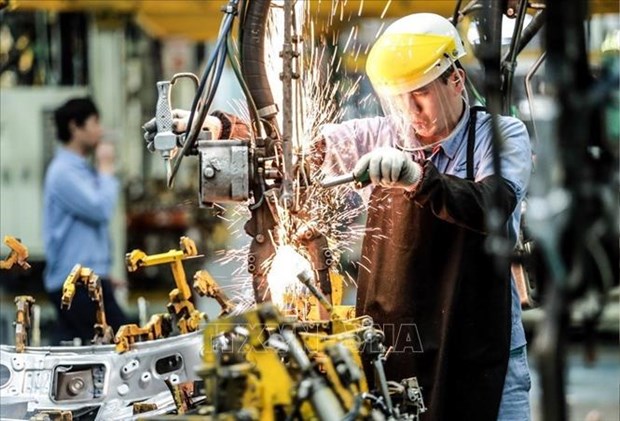
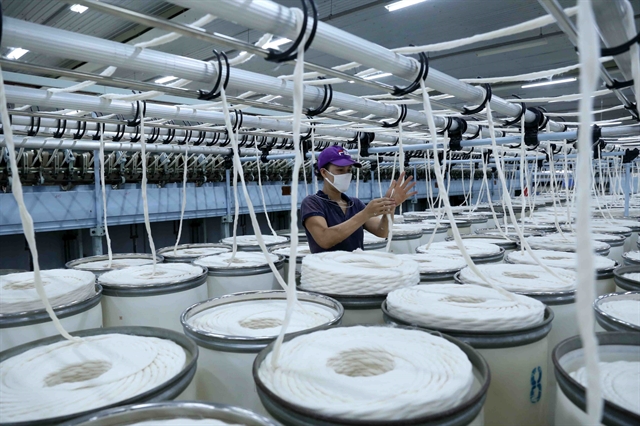
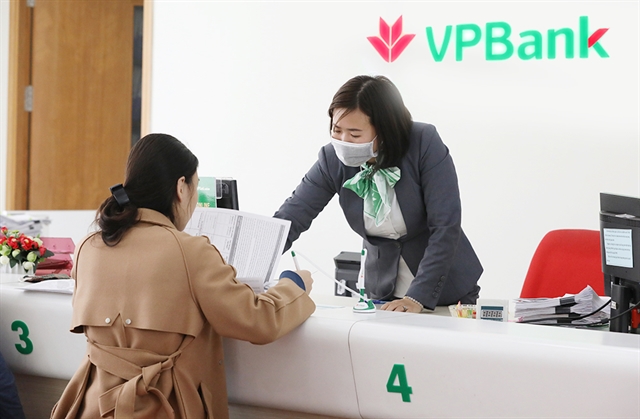
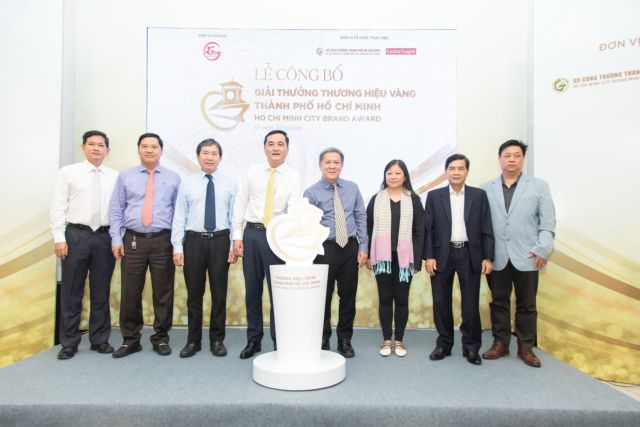
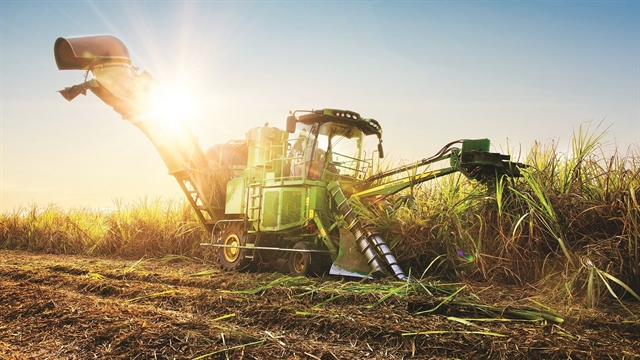
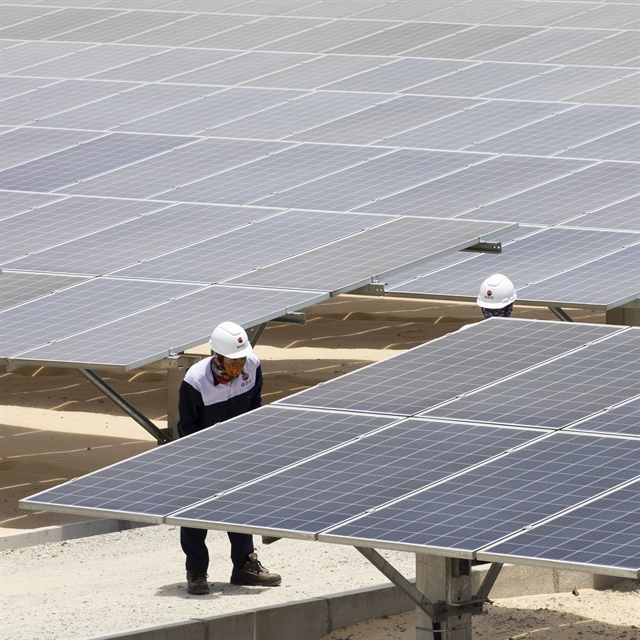
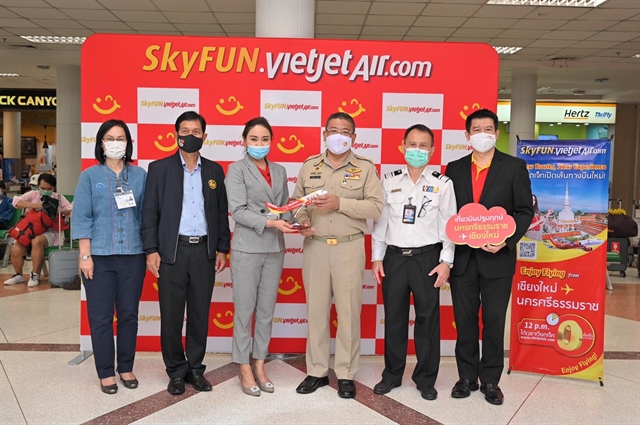
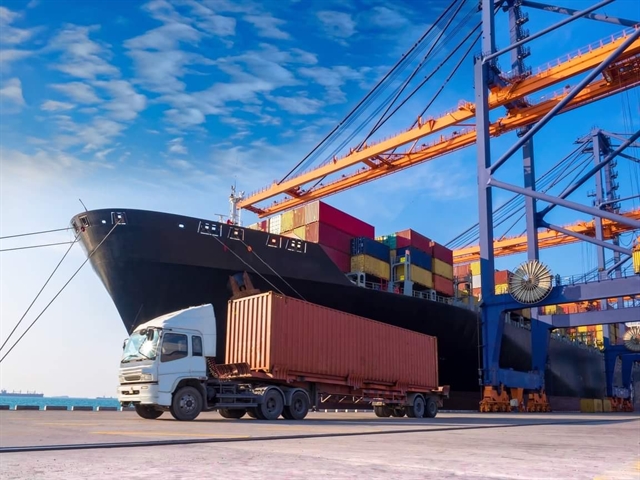
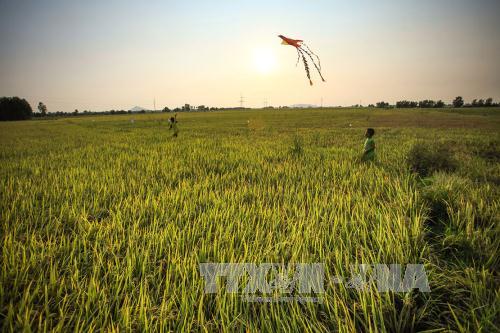
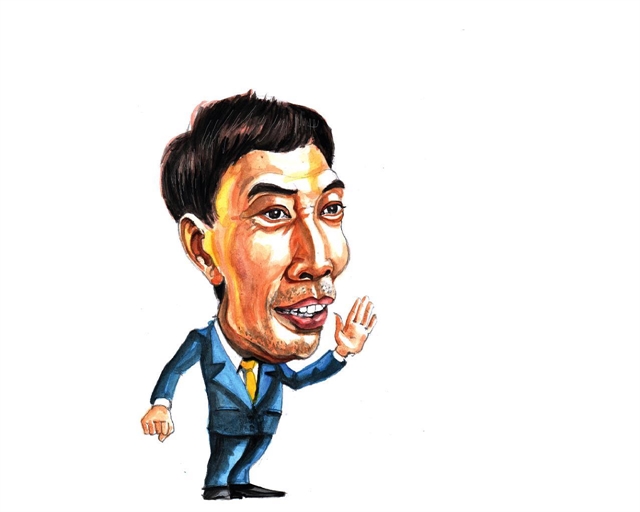
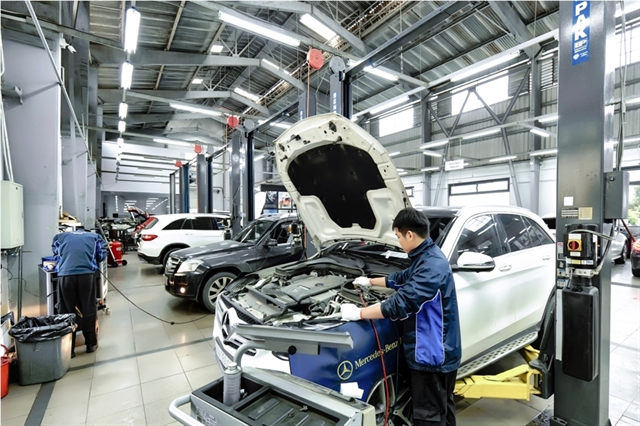
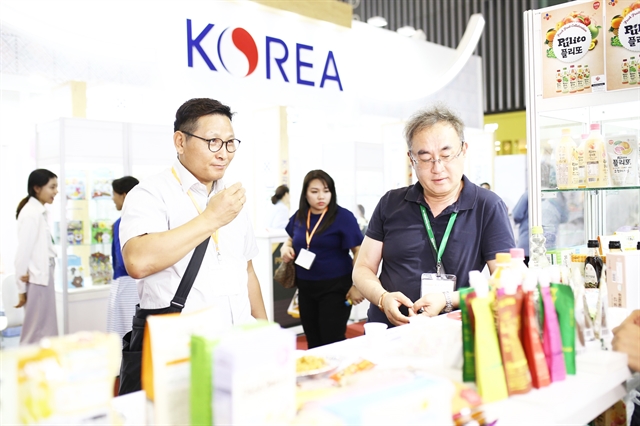
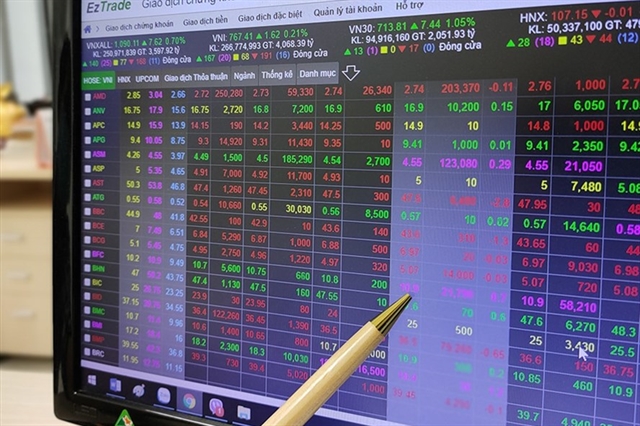
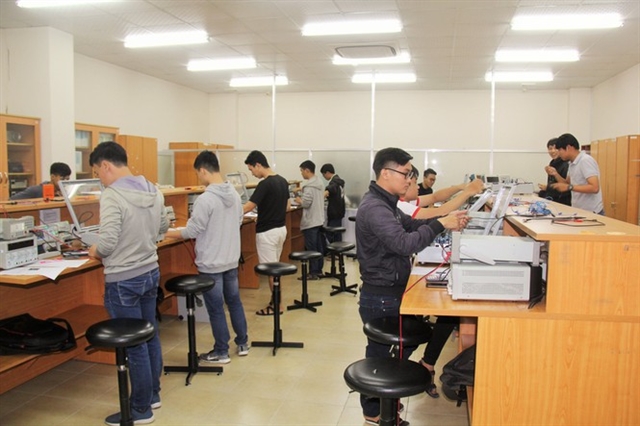
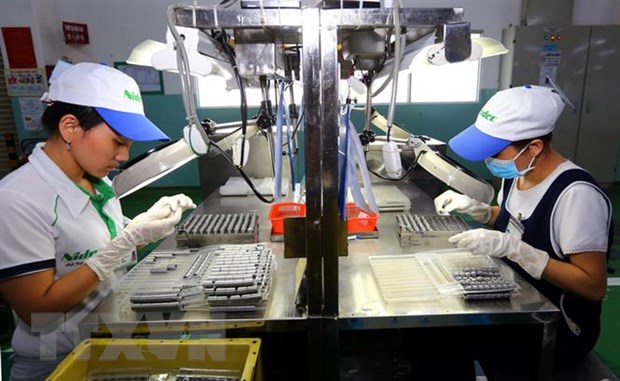
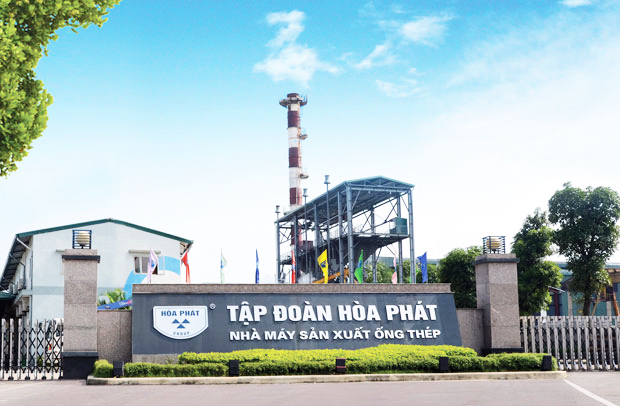
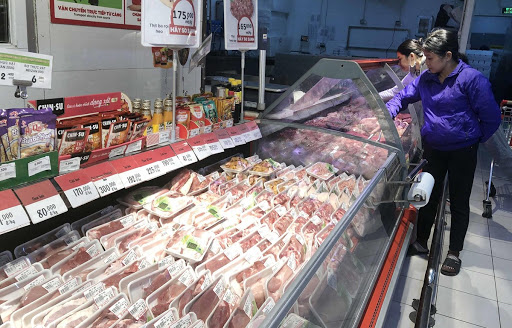
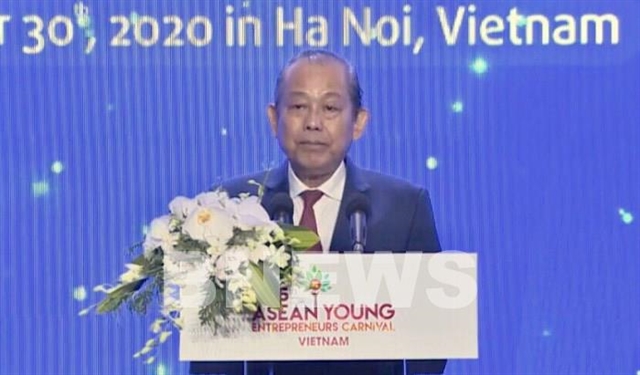
.jpg)











